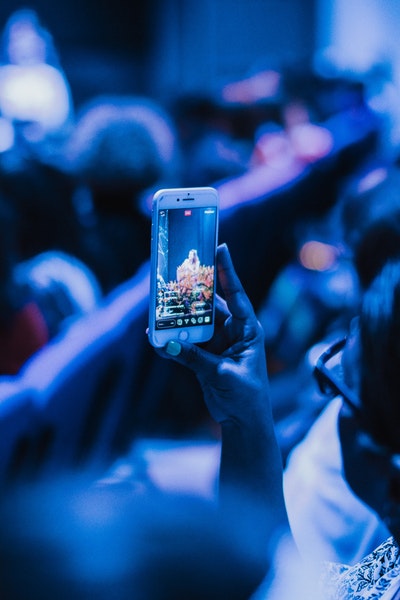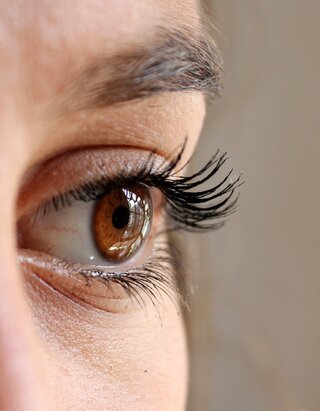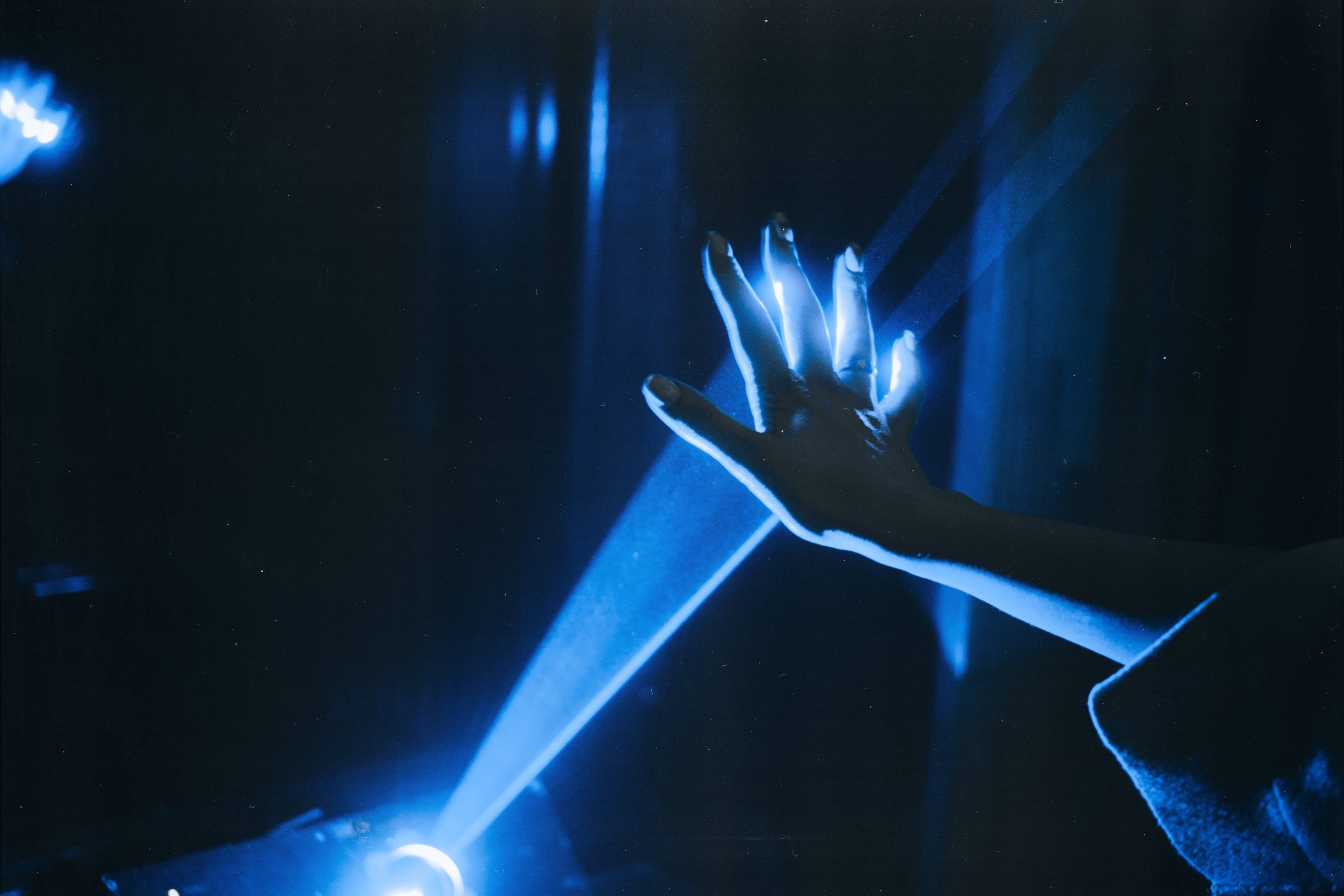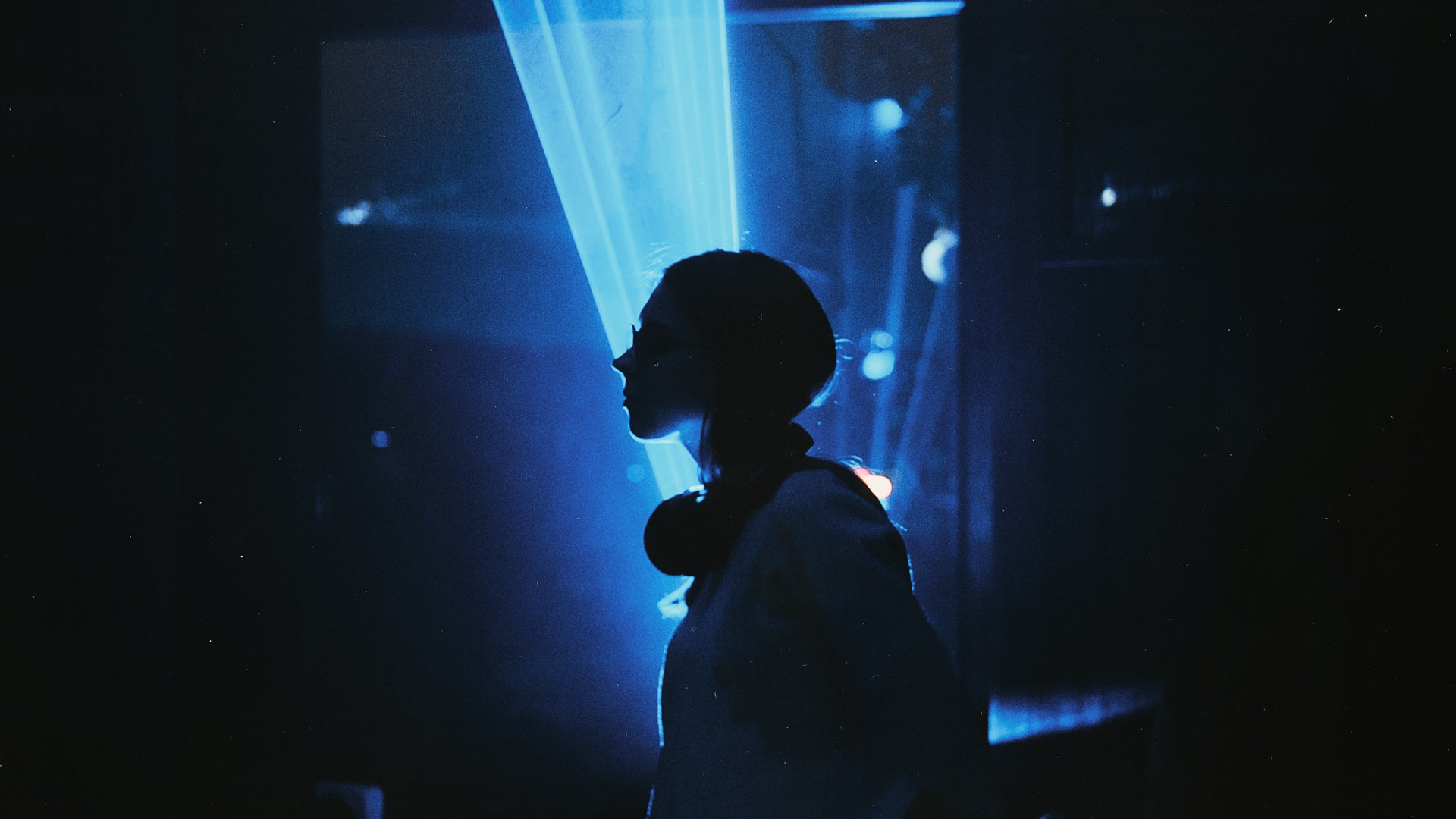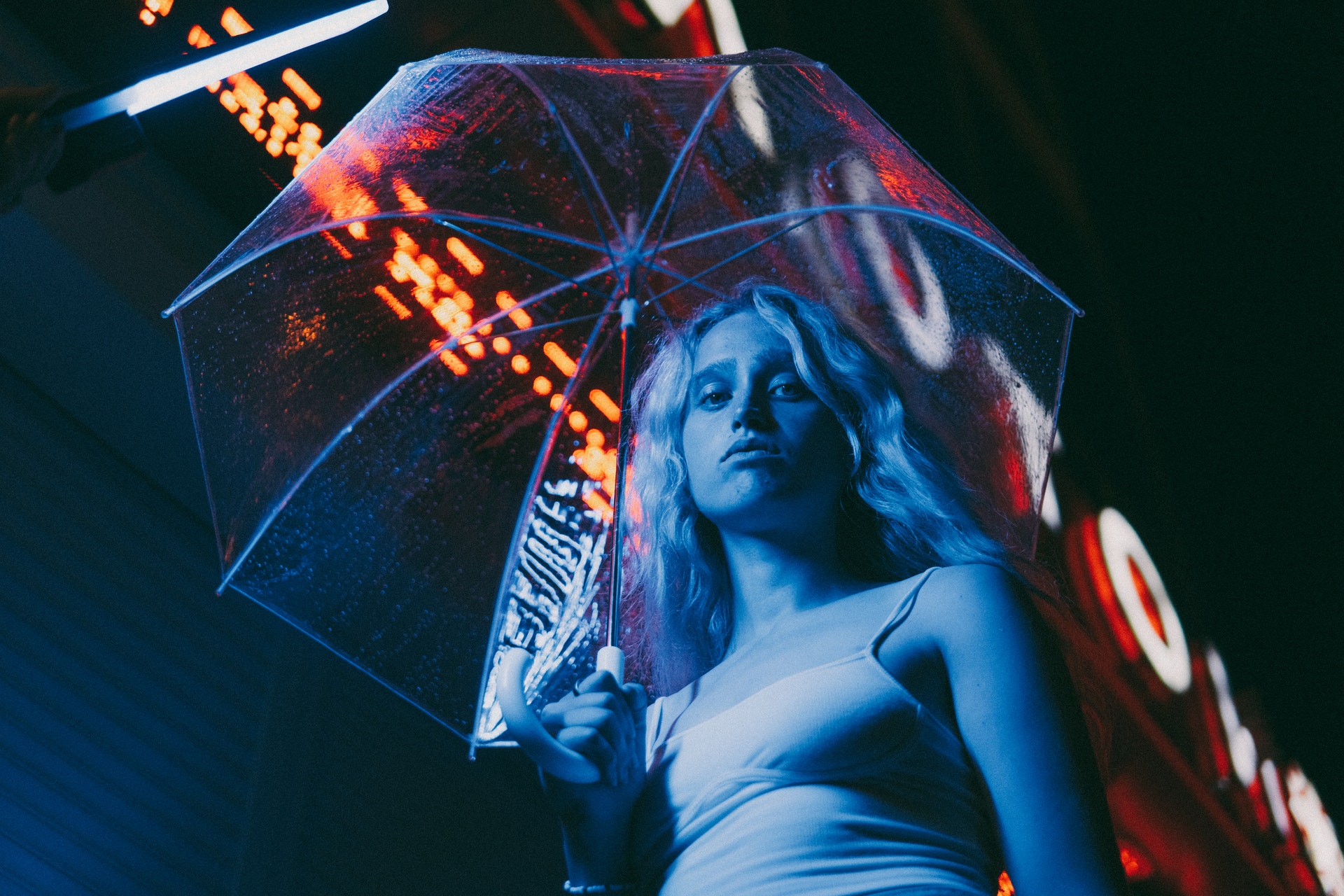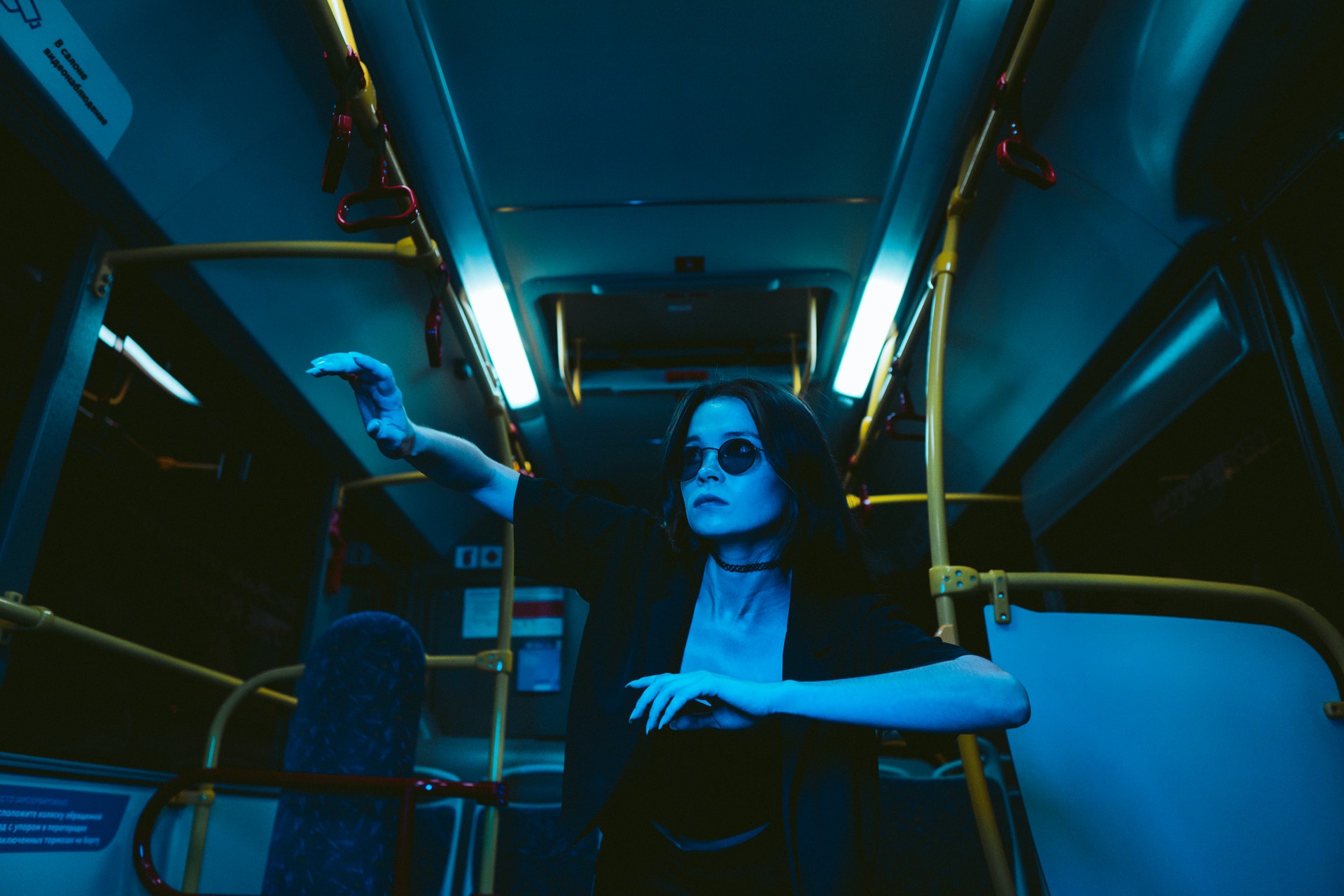Research suggests blue light emitted from smartphones and computer screens can damage the skin. It is crazy to think that checking social media or writing a term paper could harm you, but it can.
It seems like every day there is something else that leads people to distrust technology. Still, despite the hoopla, research suggests blue light is not as scary as some make it out to be. Yet, it is still advised that you take necessary precautions to limit your exposure to blue light.
The Dangers of Blue Light
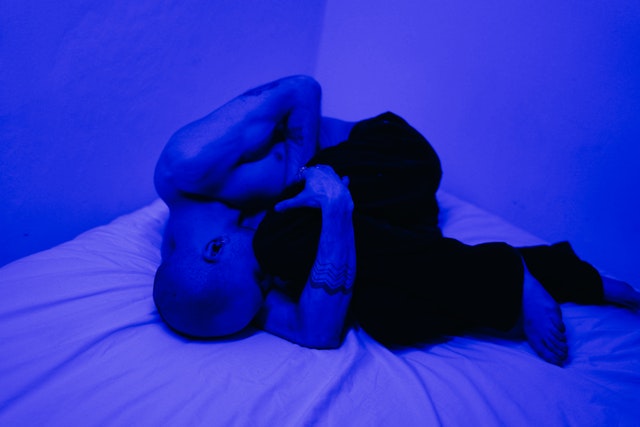
Like the sun, blue light emits high-energy visible light, but it is not as dangerous. Long-term and unprotected exposure to the sun can cause DNA damage and cancer. You will not fight the same threats sitting in front of your computer screen.
Still, while smartphone or laptop use isn't life-threatening, it is harmful. The HEV light can generate reactive oxygen species — compounds that damage the cellular structure. The compounds hinder collagen production, affecting elasticity in the skin. Long-term exposure to blue light can lead to wrinkling and pigment changes in the skin.
The good news, no current research points to blue light causing skin cancer. Still, the pervasive light can cause harm, including:
- Collagen breakdown
- Hyperpigmentation
- Premature aging
- Inflammation
- Redness
- Swelling or Edema
- Oxidative stress
Additionally, blue light affects sleep-wake cycles. Sleep interruptions can interfere with hormone production, causing skin problems. Still, more research is necessary to determine the full extent of blue light risks.
The Benefits of Blue Light

Despite the proposed risks of blue light, it does have its benefits. Medical researchers now use controlled blue light to reduce the chances of skin cancer. Controlled blue light can have positive effects. It can boost your energy levels, decrease inflammation, and reduce bacteria.
Uncontrolled blue light is where risks live. Light therapy maintains wavelengths of 415 nanometers — the proven wavelength for benefits. Sitting in front of a screen is not the same as therapeutic light, so you can't claim phone time as therapy (darn).
Protection From Blue Light

Protection against blue light is essential. Thankfully, you do not have to spend a lot of money to protect against the HEV light. Many computers and portable devices have blue light filtration options. Additionally, you can find several apps to protect your skin and eyes. Physical products, such as blue light glasses and screen protectors, are also available.
Still, for complete skin protection, dermatologists recommend using a blue-light-blocking sunscreen. You may want to find an SPF product with zinc oxide and titanium dioxide because each is reflective. It is also possible to find newer products with beneficial antioxidants and vitamins.
People might discount the need for sunscreen indoors, but indoor environments are changing. The addition of electronic HEV-producing devices demands extra protection and concern. While indoor blue light is not as intense as environmental wavelengths, it can still harm the skin.
Researchers continue to learn new things about blue light every day. Still, what seems to become clearer is the need for added protection. While you may not be ready for indoor SPF, at least consider downloading an app.

